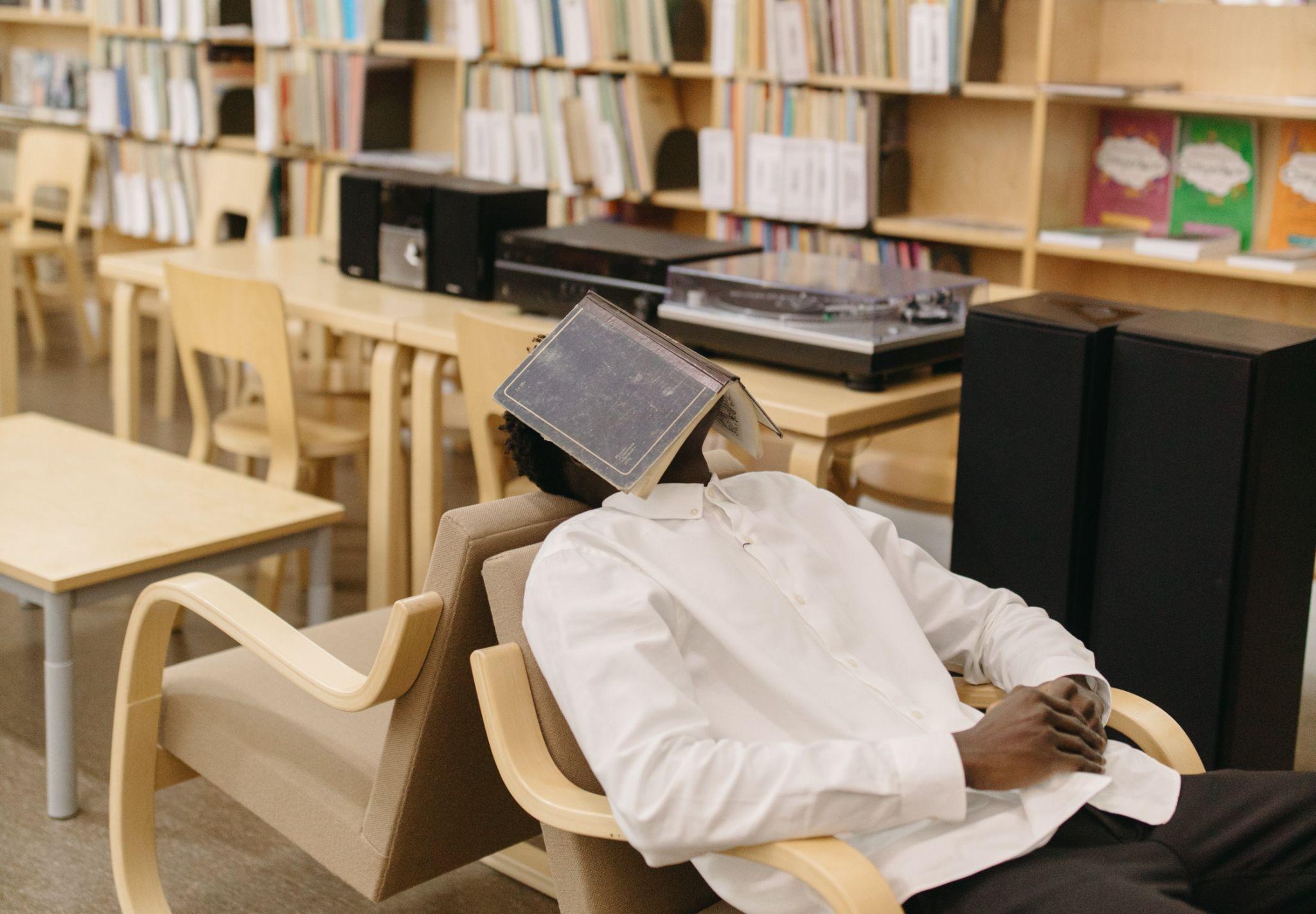[su_note note_color=”#ffe3e6″]This post contains affiliate links. Affiliate disclosure: As an Amazon Associate, we may earn commissions from qualifying purchases from Amazon.com and other Amazon websites.[/su_note]
They say health is not everything, but everything without health is nothing.
Given the stressful context of being a student, maintaining a healthy lifestyle can be a challenge. While juggling multiple lines of study with social life, health considerations can start to slip through the cracks.
Sleepless study nights, drunken benders, and cheap food are all well-established features of the student stereotype. Here’s what you need to keep in mind to maintain health throughout your college years.
Adequate sleep
Sleeping takes up a third of our lives. It makes sense then that a lot of constantly time-pressured students start to skim their own rest time to divert it to studying or partying.
The negative effects of pulling an all-nighter are not as straightforward to fix as – I will just sleep twice as long tomorrow. It has been proven multiple times over that sleep deprivation has irreversibly detrimental effects both short-term and long-term.
So next time you are being hunted down by countless assignments, it can be a good idea to delegate some of them to my essay writer to get a good night’s sleep yourself. Leaving things to the last minute reduces sleep, and a lack of sleep hurts your studies in its turn. Don’t let yourself spiral down this negative feedback loop, and remember, in the constant battle between studying and sleeping, procrastination is the main enemy.
Healthy nutrition
With heavily congested routines and constant time pressure lurking over them, many students start cutting corners on their daily eating to save some time and money. But nutrition has no place at the bottom of your priority list.
You are what you eat – the food you consume determines a large part of your mental and physical condition and directly affects your learning ability and overall well-being. Along with generally healthy food, there are specific meals that are particularly fit for students. These are food for studying that are rich in nutrients that can enhance your thinking and concentration.
Physical fitness
They say a healthy body leads to a healthy mind. Physical and mental wellness go hand in hand. They stand and fall together.
Today’s humans are lazier overall. Throughout most of our history, we were always active and on the go, as we constantly had to fight for survival like other animals.
But modern conveniences have reduced our daily physical activity to switching between chairs and pressing buttons.
As any gym-goer will testify, regular exercise never fails to improve your daily spirit, so consider signing up to a local fitness center, preferably with a friend, so you can motivate each other and have some fun along the way. If a gym sounds too pricy or time-consuming to you, you can do basic exercises at home or exit your bus those 1-2 stops earlier to walk that final mile to your campus.
Stress limitation
Student years are inherently stressful. These are the times when you always seem to have too much to do in too little time; that determines your entire future. For students, being completely laid back and relaxed can be an unattainable luxury, but there are ways to keep your stress levels in check. Here are some tips :
- Never procrastinate
- Create a schedule or a to-do-list of your tasks
- Set precise goals for yourself with deadlines
- Ask for help
- Don’t bite off more than you can chew
Mental health was sort of a dark area for early science, but neuroscience and psychology have come a long way in the final decades. Stress has been linked to depression, anxiety, heart conditions, and diabetes, among other things. Stress eats away your brain and annihilates productivity, so try to minimize it as much as possible.
Balanced social life
Never underestimate the need for a healthy social life for an adolescent. Many would rightfully argue that social experiences are an even more important aspect of young life than education.
An occasional party or a night out with friends can help de-stress and reboot your mind. These are absolutely necessary constituents of a complete college experience. But don’t overshoot the runway, like some, and go all in on partying while neglecting your studies completely. Education vs. fun is not a binary choice; you have to find a reasonable balance.
Final thoughts
How many times have you rolled your eyes at your parent’s didactic health advice?
More experience gives them a better standpoint, and as with most other things, you will only grow to realize they were right all along. At that point, it might be too late.
Unhealthy lifestyle choices may not give bad dividends right away; that’s why they are easy to deprioritize at a young age, especially when you have more immediate responsibilities to fulfill. But rest assured, every bad health choice you make will catch up to you long-term, as well as lower your average productivity and mood.
Try not to compromise your sleep, social life, or food choices too much, and be sure to approach your health with the attention it deserves.
Joanne Elliot is a college counselor and a blogger. Her professional background and extensive experience with students make her well versed in the daily struggles faced by students worldwide. Along with her direct involvement, she has been using her blog to spread her insights and recommendations to a wider audience.




